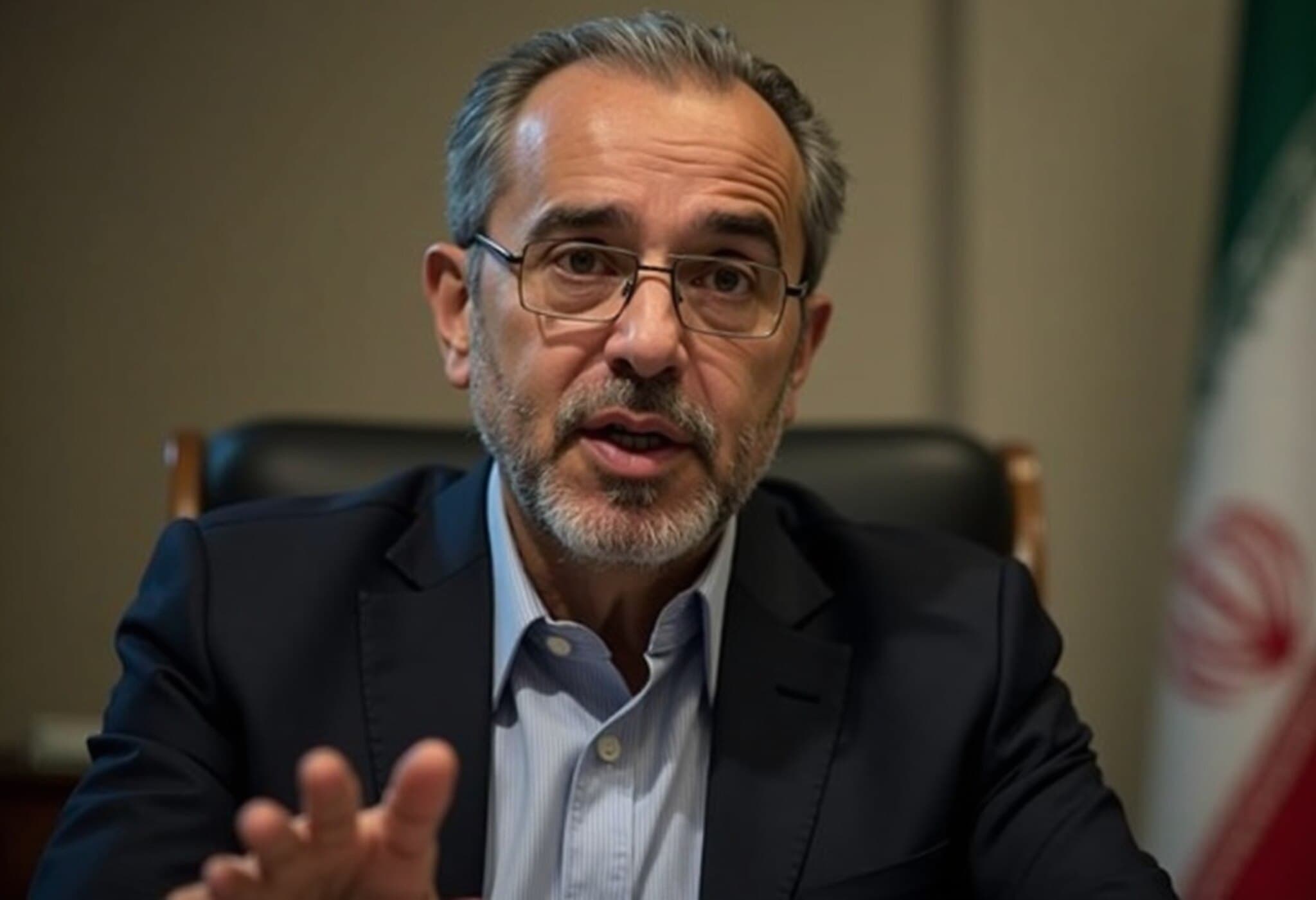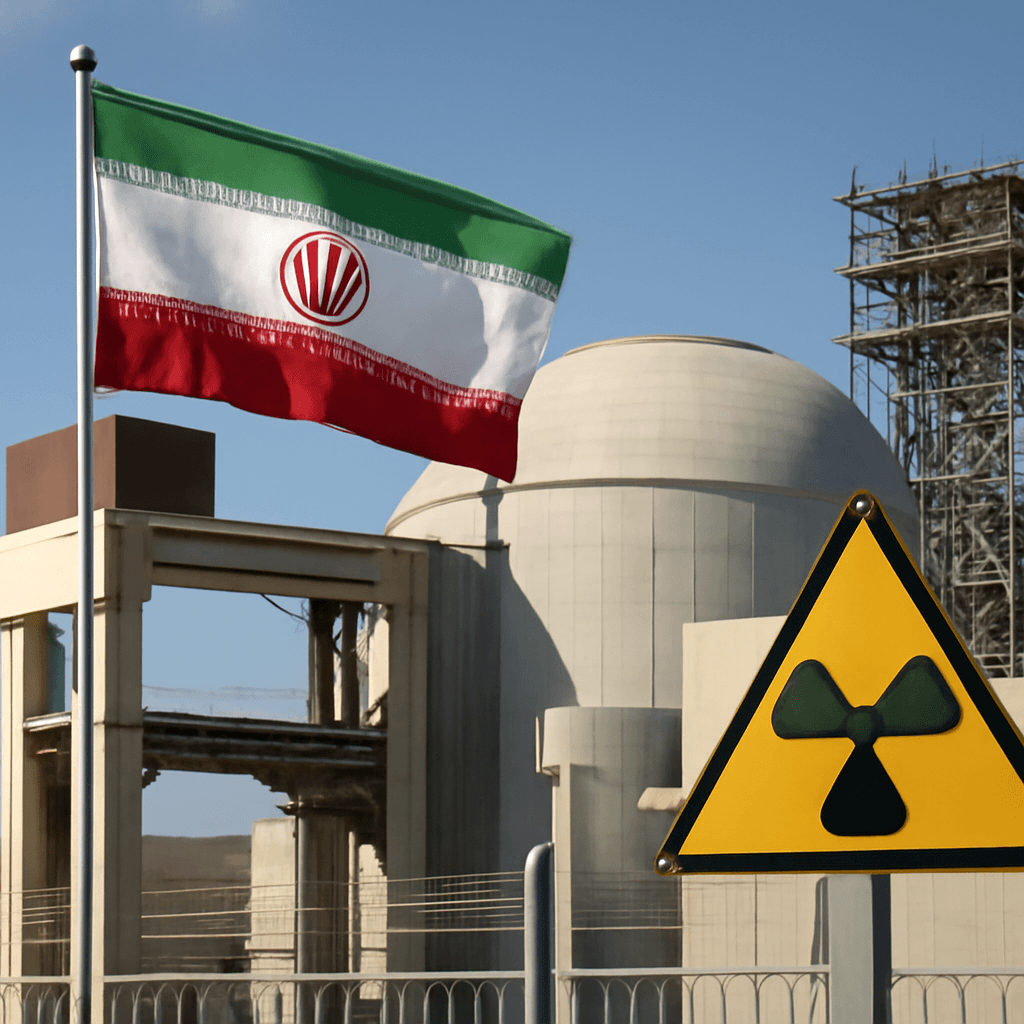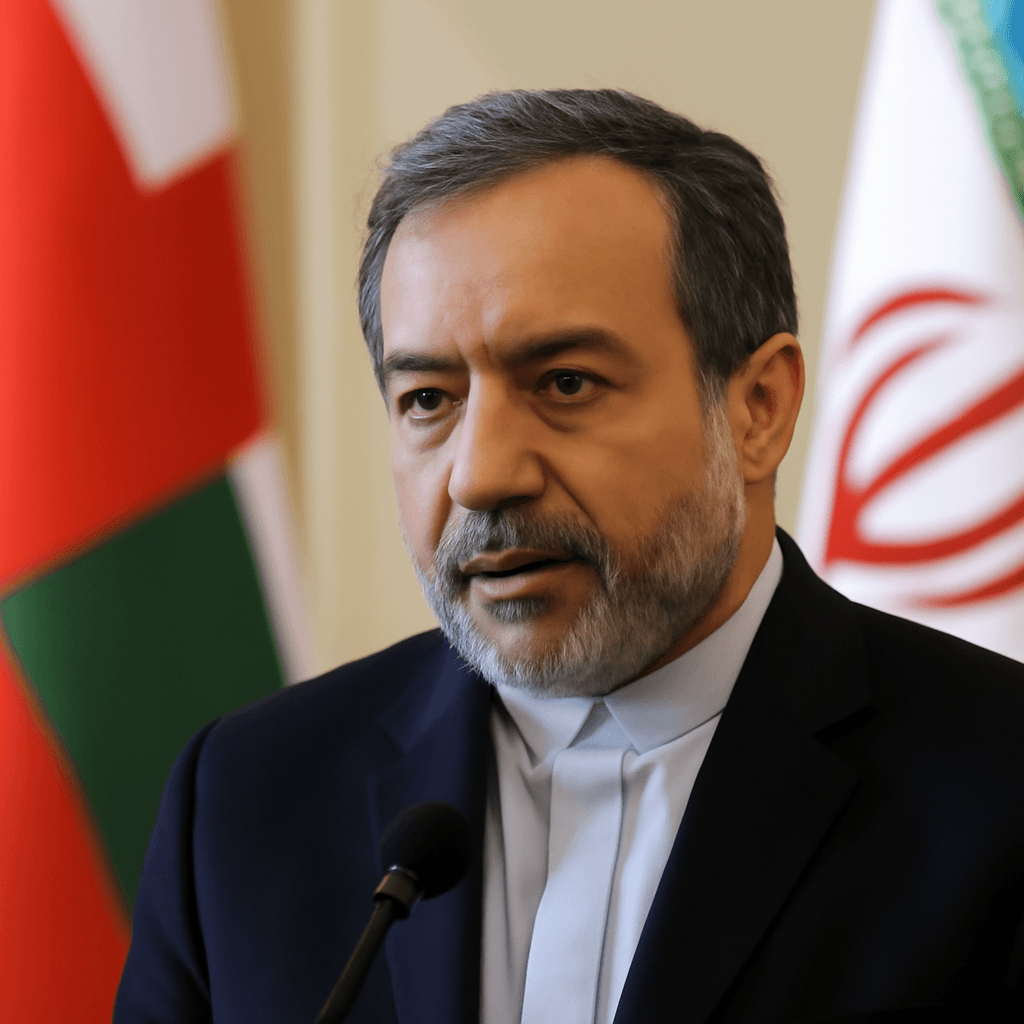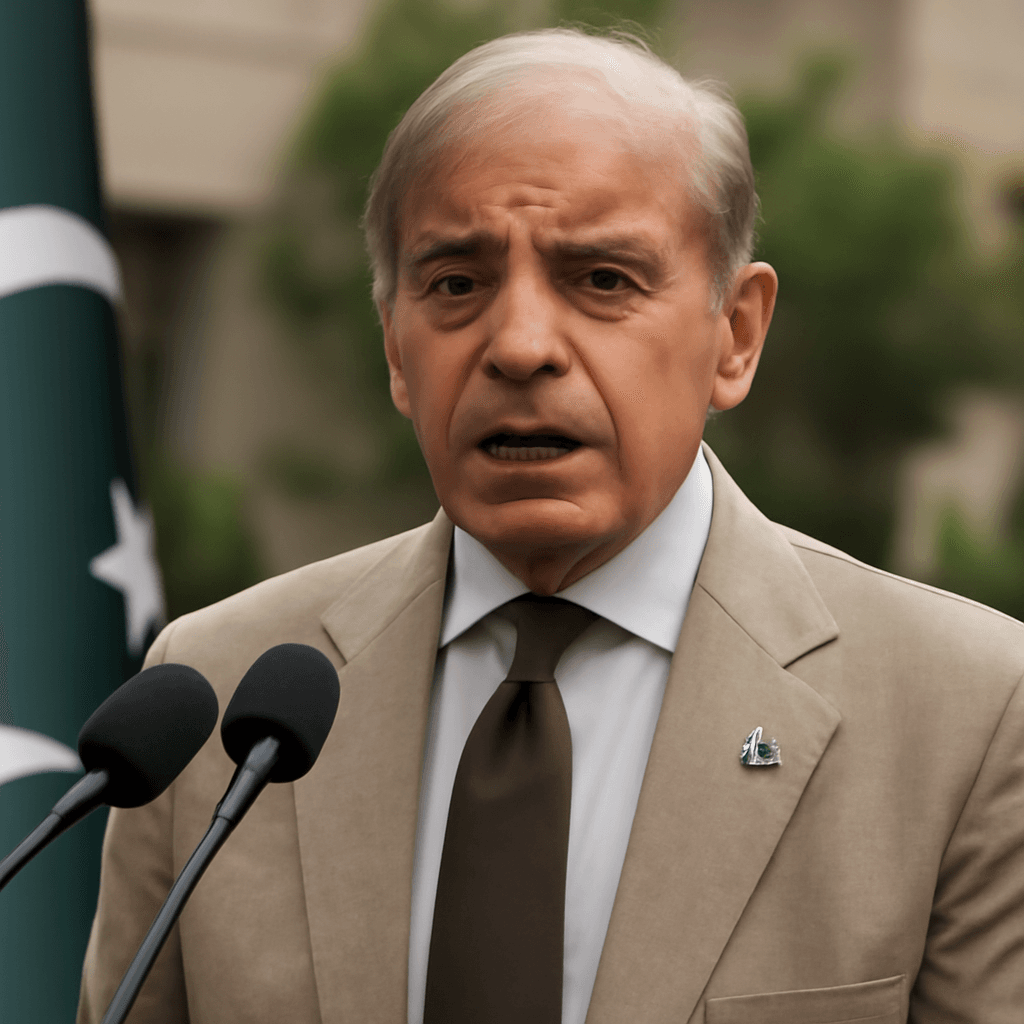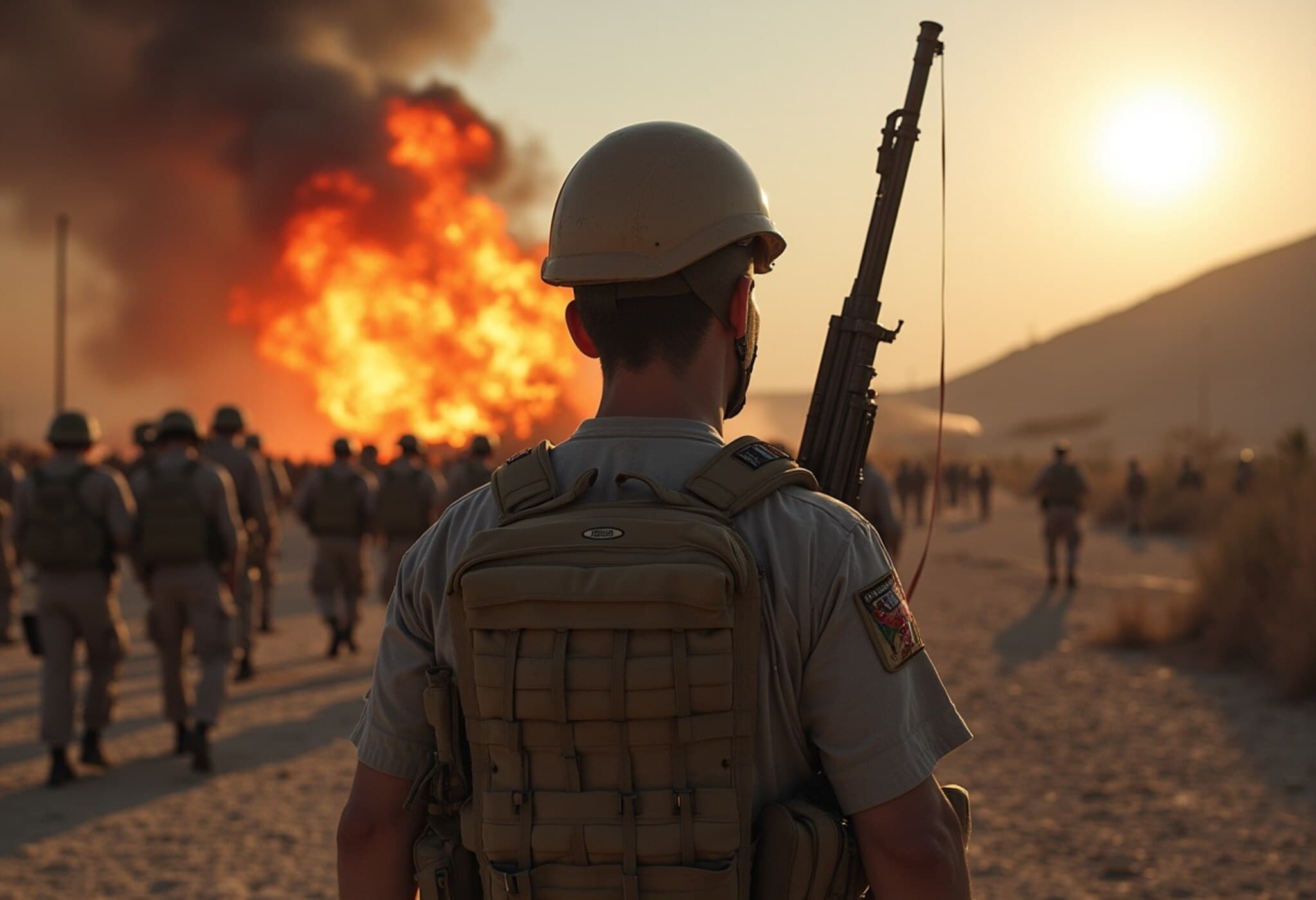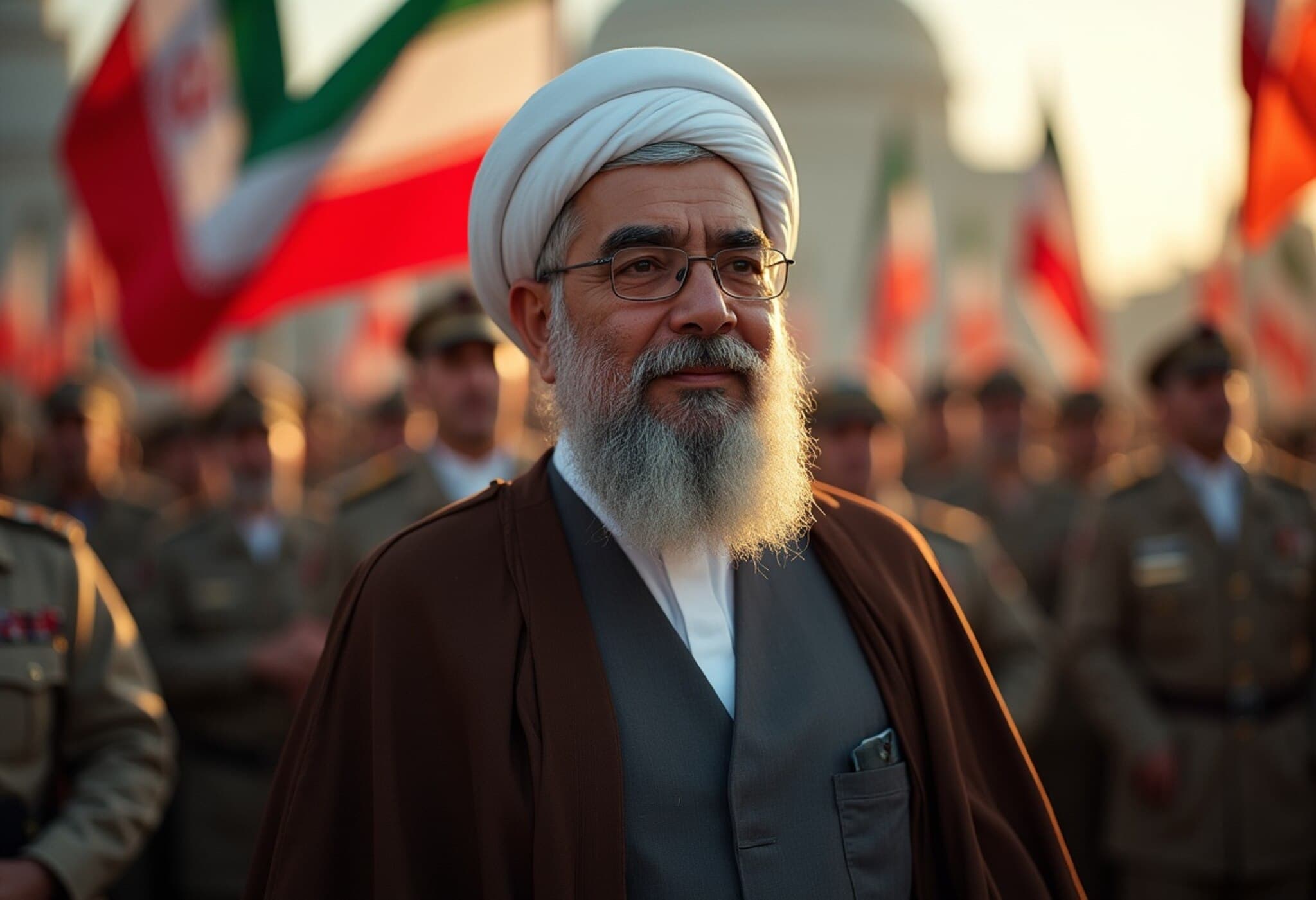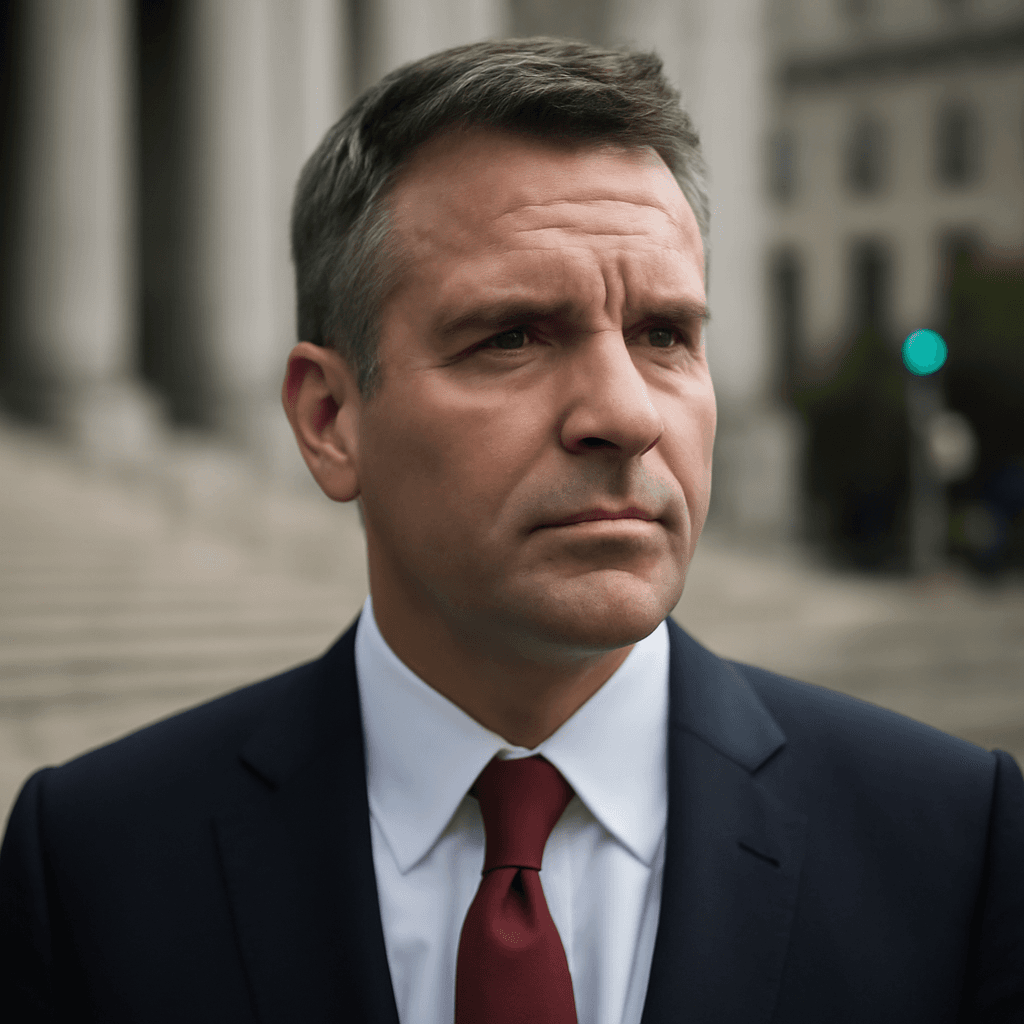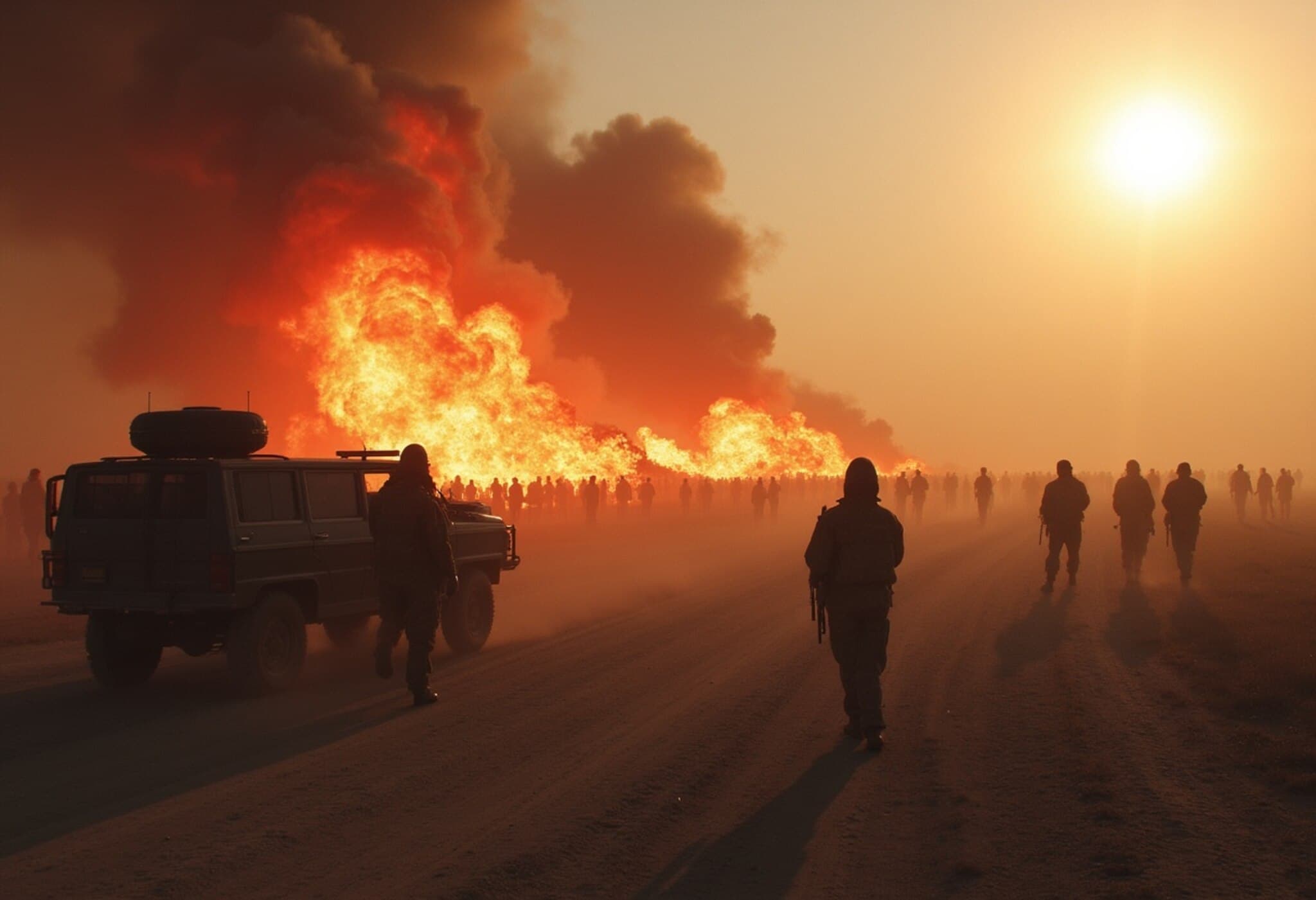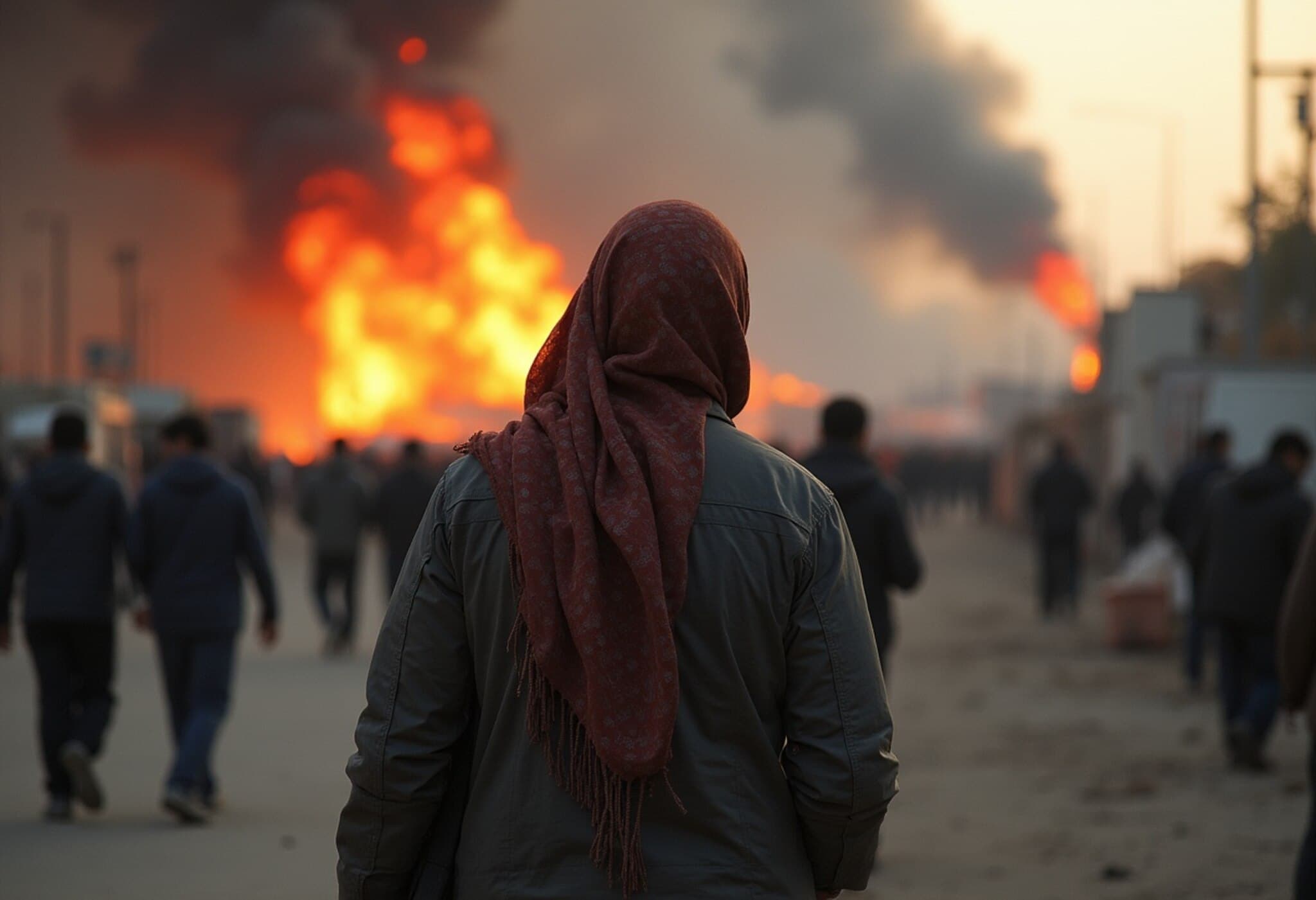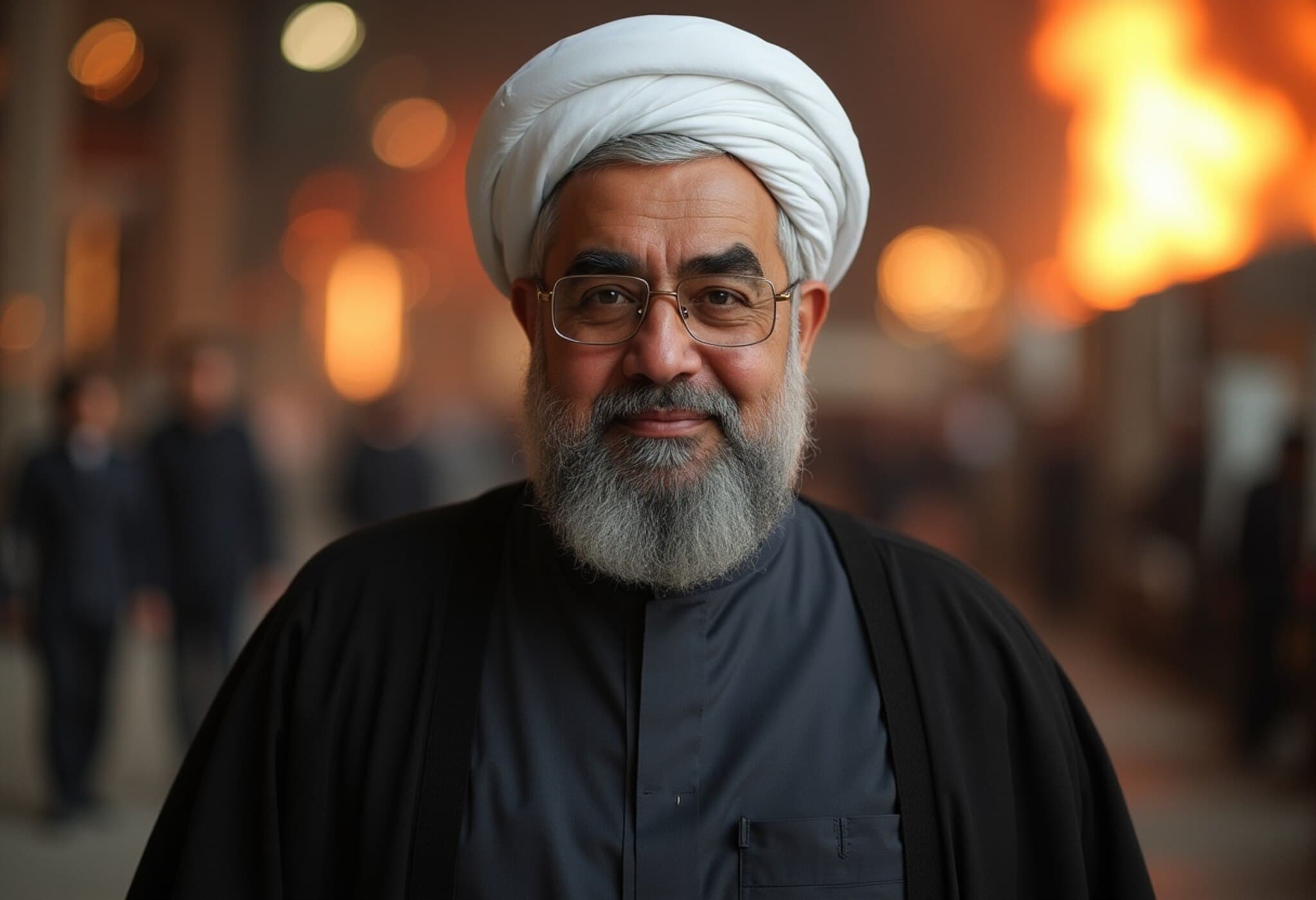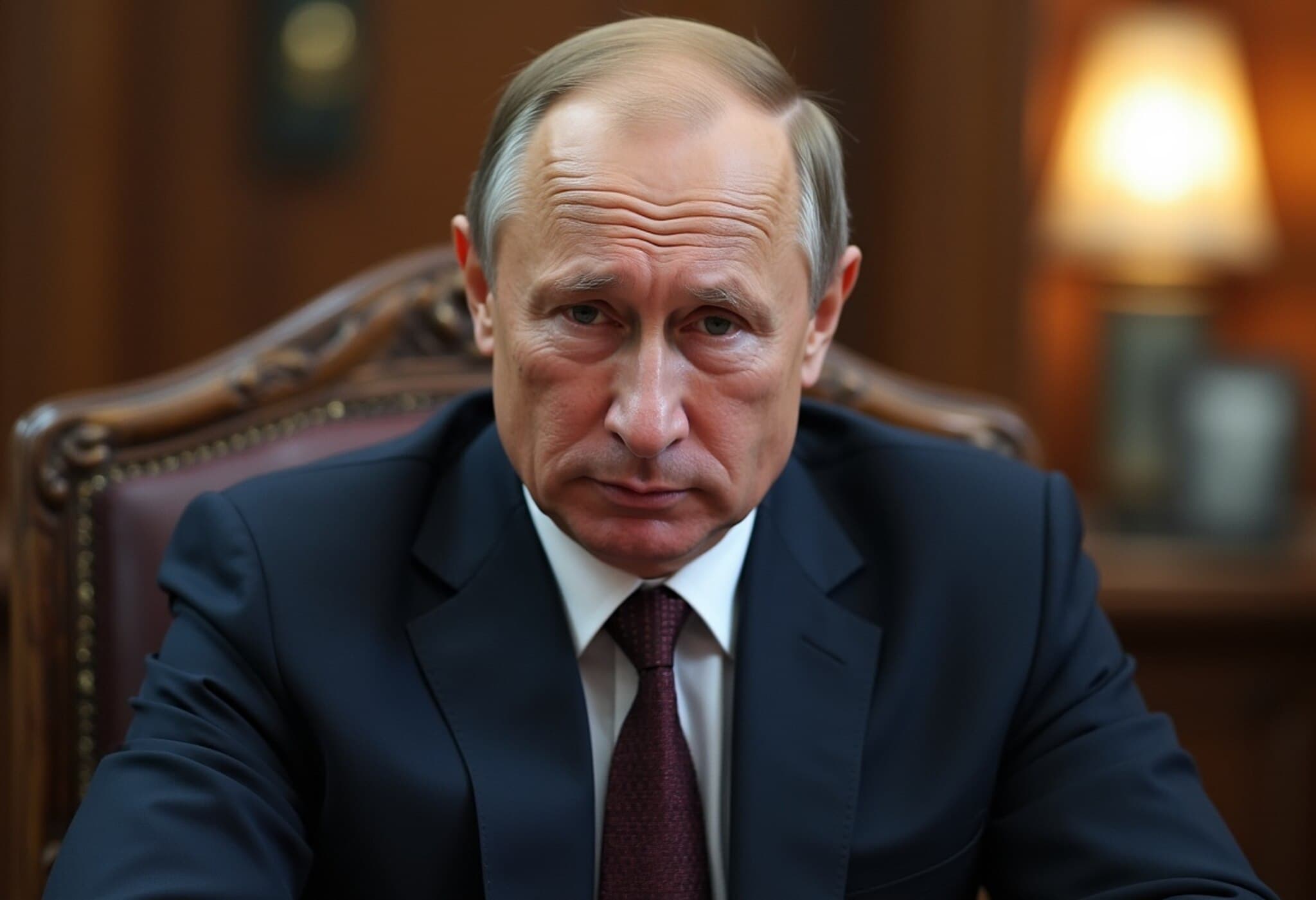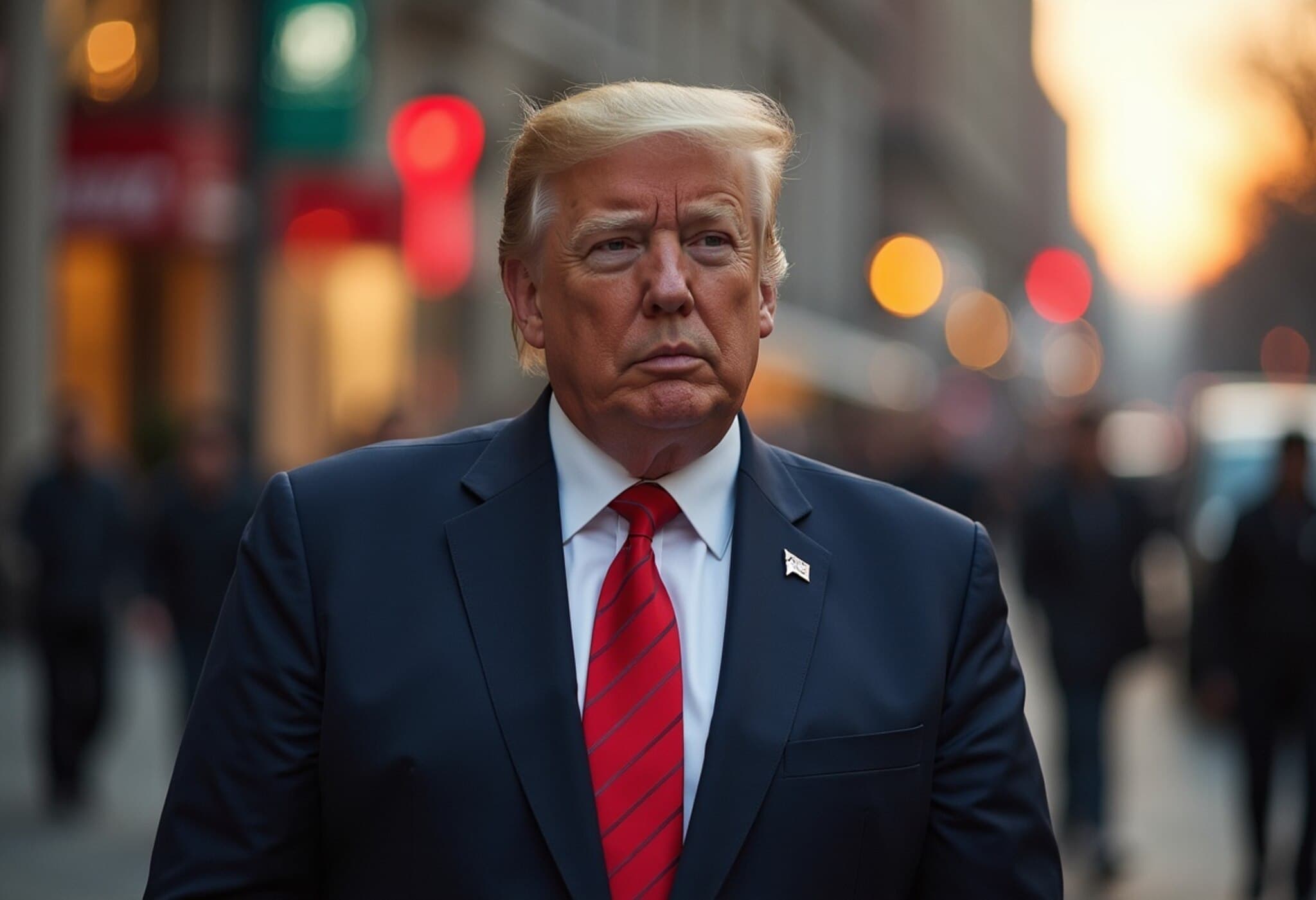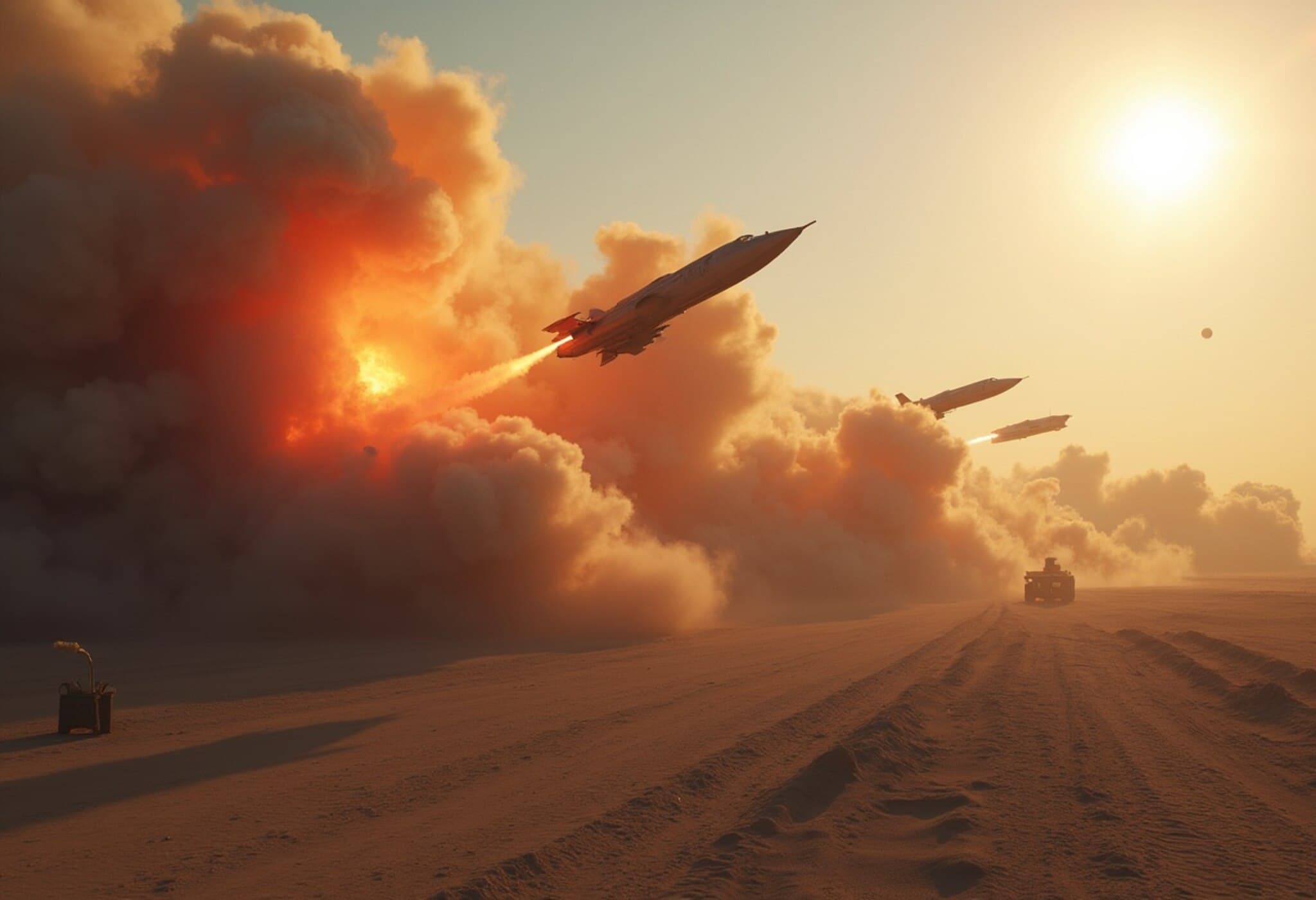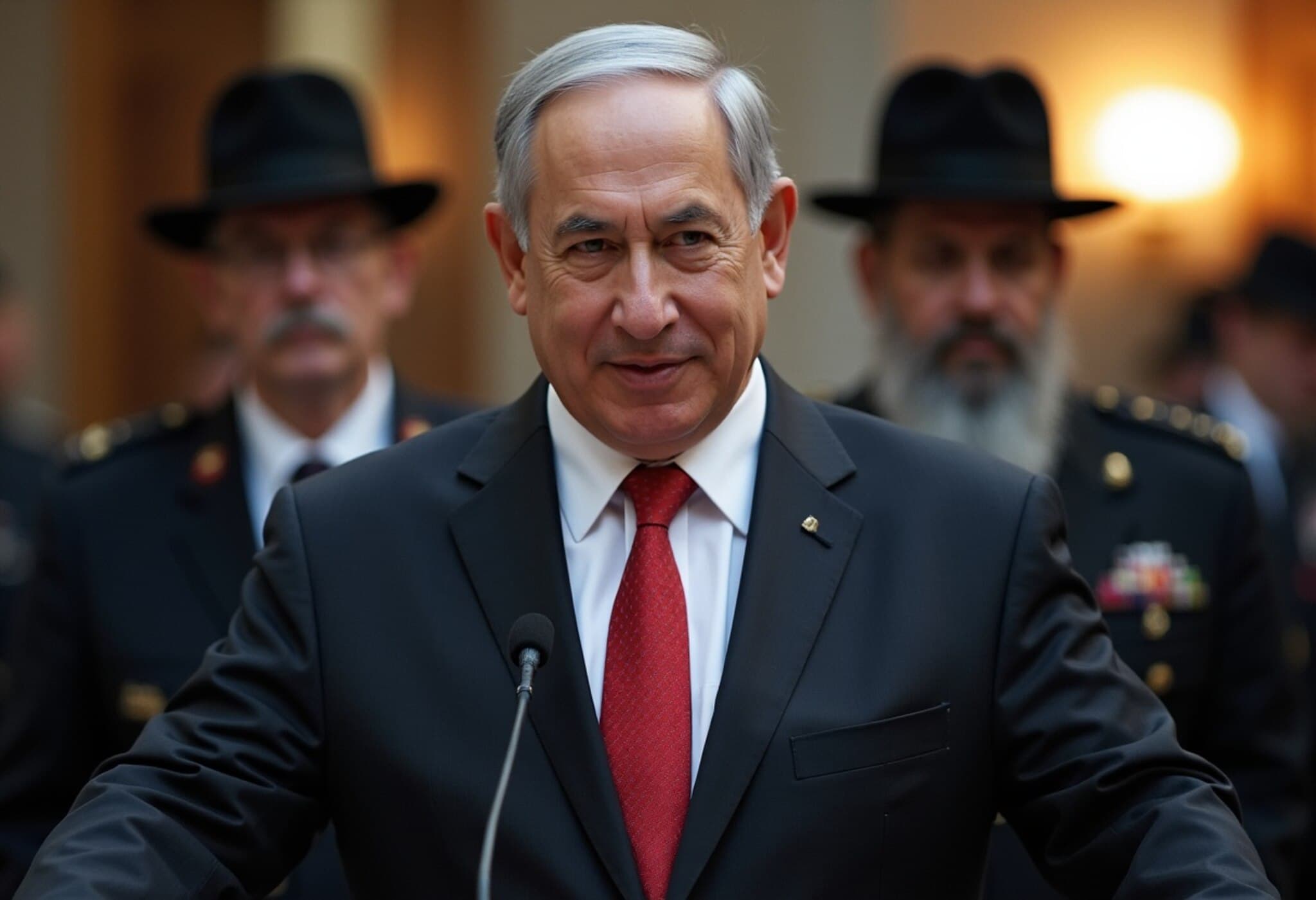Russia Ready to Aid in Removing Excess Nuclear Material from Iran
In a significant diplomatic move, Russia has expressed its readiness to assist in removing surplus nuclear material from Iran, should both Tehran and Washington find such aid beneficial. This offer aims to help bridge the ongoing tensions surrounding Iran's nuclear program.
Details of Russia’s Proposal
Russian Deputy Foreign Minister Sergei Ryabkov revealed that Moscow is prepared not only to remove excess nuclear material from Iran but also to convert it into nuclear fuel. This initiative could pave the way for easing the dispute between the United States and Iran concerning Tehran’s nuclear activities.
Kremlin spokesperson Dmitry Peskov later confirmed Russia’s offer, emphasizing Moscow’s willingness to step in if both parties deem Russian involvement constructive.
Context Behind the Offer
The ongoing negotiations over Iran’s nuclear program have encountered persistent challenges, with concerns from various international stakeholders about potential weaponization. Russia’s proposal, if accepted, could represent a practical step forward in reducing nuclear material stockpiles and building confidence among involved nations.
What Comes Next?
- Discussions between the United States and Iran on Russia’s offer will determine whether the assistance moves forward.
- Successful cooperation could lead to tangible progress in the broader diplomatic efforts aiming to control nuclear proliferation in the Middle East.
- The international community awaits formal responses from both Washington and Tehran regarding the feasibility of this proposal.
As the situation unfolds, Russia’s readiness to engage in nuclear material management highlights its continuing role in global nuclear diplomacy.


